Find Help
More Items From Ergsy search
-
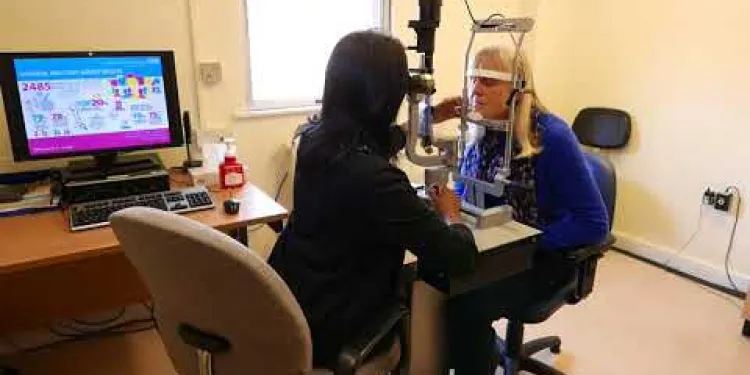
Derbyshire Diabetic Eye Screening - Assessment Clinic Appointment
Relevance: 100%
-
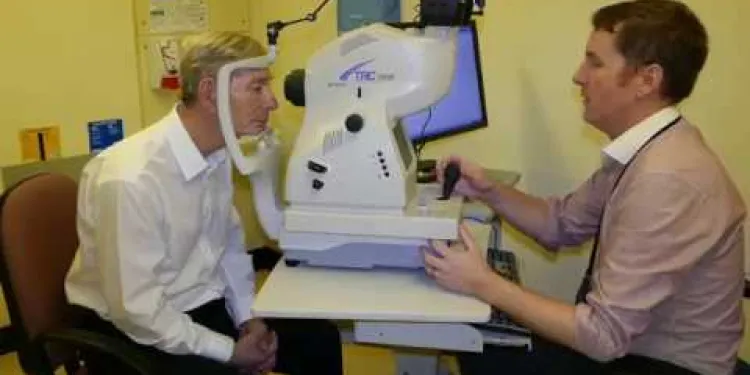
Derbyshire Diabetic Eye Screening - Your Screening Appointment
Relevance: 78%
-
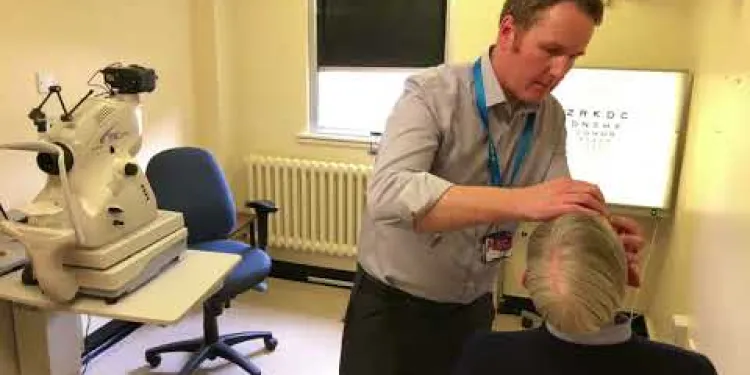
Derbyshire Diabetic Eye Screening - Diabetic Eye Screening
Relevance: 75%
-
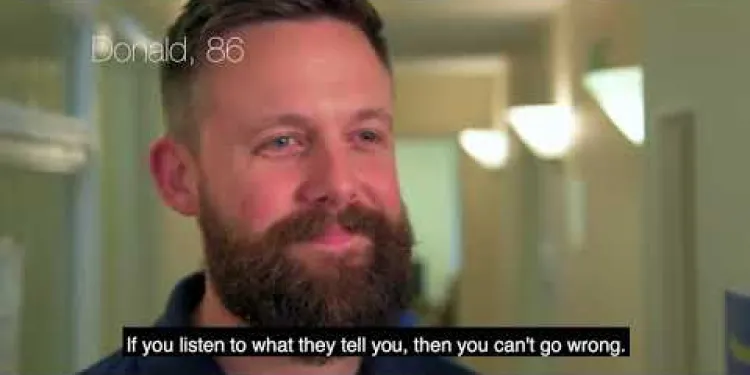
Diabetes Eye Screening
Relevance: 66%
-
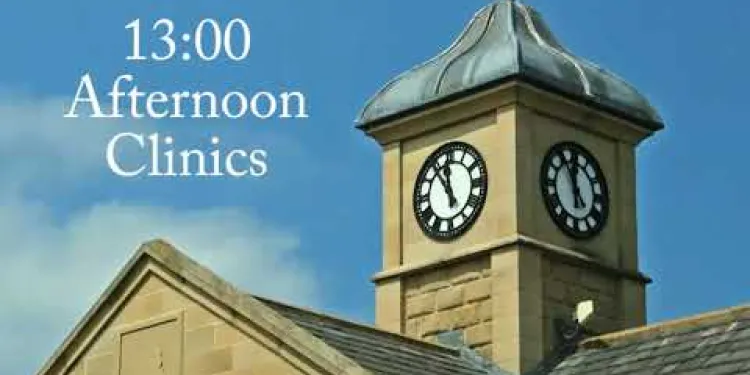
North Yorkshire Diabetic Eye Screening Programme - A day in the life
Relevance: 58%
-
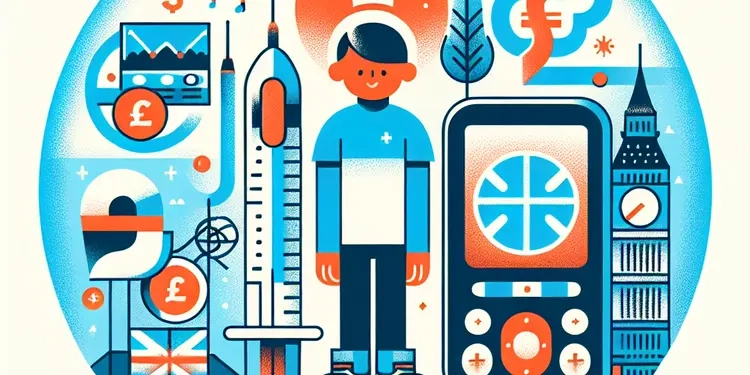
Should I screen my child for type 1 diabetes?
Relevance: 42%
-
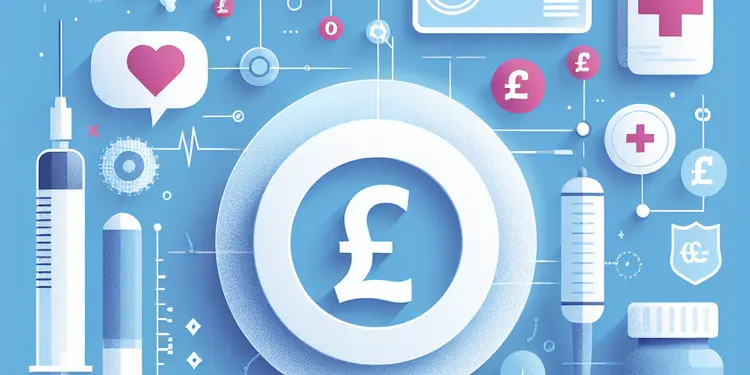
Are there any clinical trials for preventing type 1 diabetes?
Relevance: 40%
-
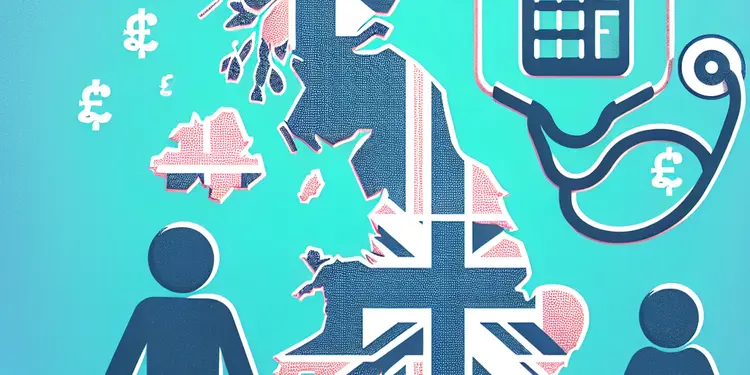
Where can I have my child screened for type 1 diabetes?
Relevance: 39%
-
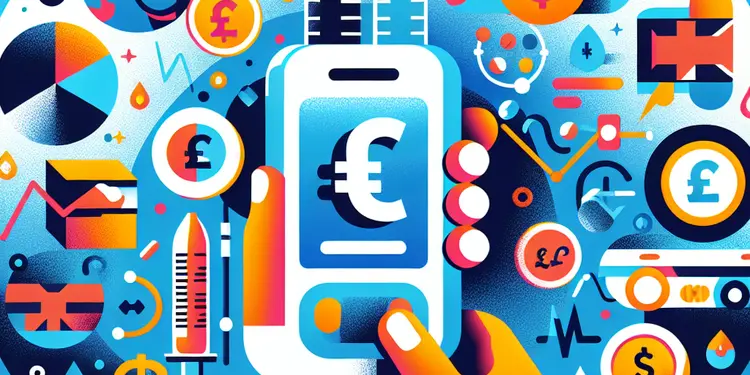
What does screening for type 1 diabetes involve?
Relevance: 38%
-
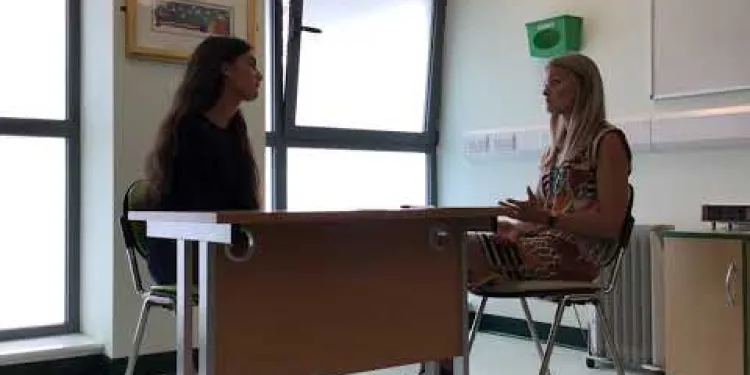
Autism Assessment - What Happens in Your Appointment
Relevance: 38%
-
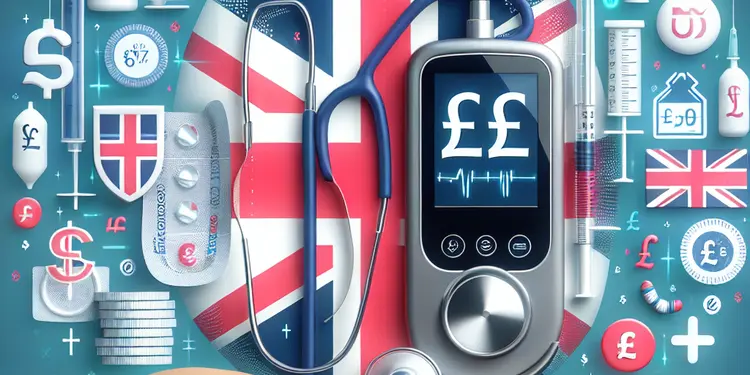
What are the limitations of type 1 diabetes screening?
Relevance: 38%
-
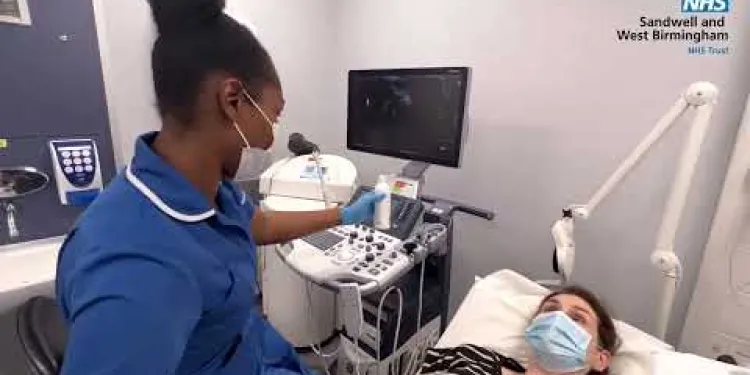
Post Menopausal Bleeding Clinic | A Guide to What Happens at An Appointment
Relevance: 37%
-
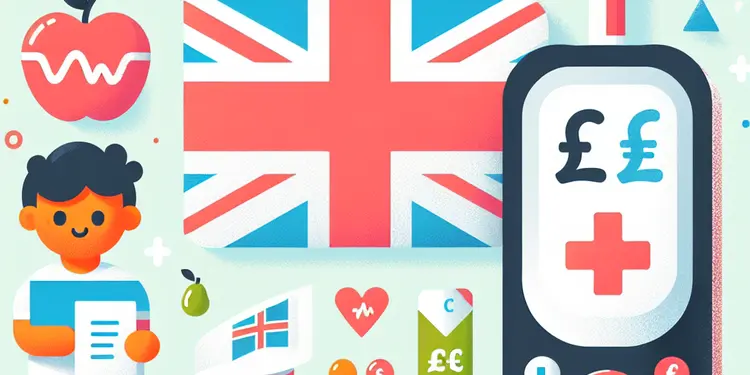
At what age should my child be screened for type 1 diabetes?
Relevance: 36%
-
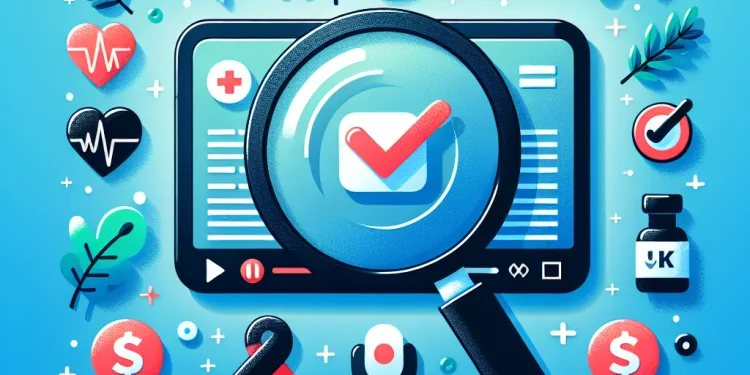
Health Screenings You Should Know About
Relevance: 36%
-
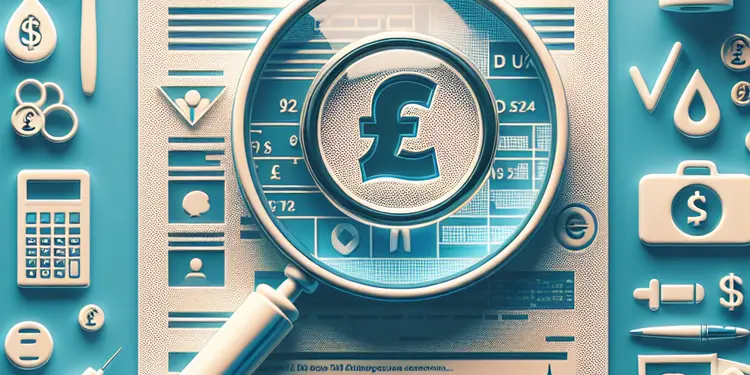
Does insurance cover type 1 diabetes screening?
Relevance: 35%
-
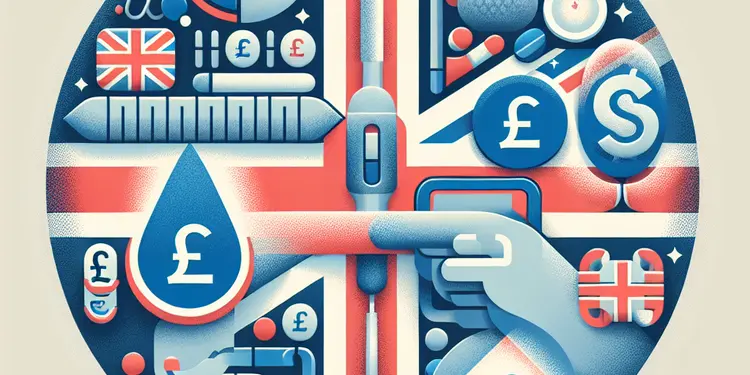
Should siblings of a child with type 1 diabetes also be screened?
Relevance: 35%
-
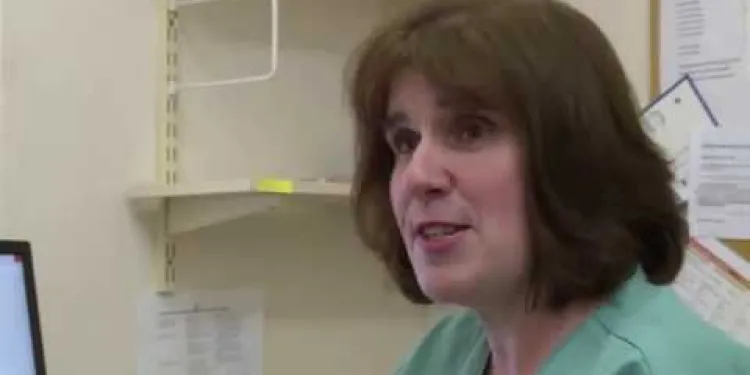
Your abdominal aortic aneurysm (AAA) screening appointment
Relevance: 35%
-
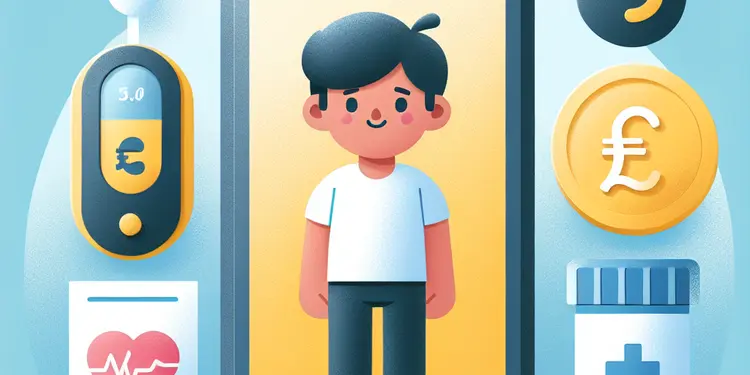
Why should I consider screening my child for type 1 diabetes?
Relevance: 35%
-

Eye Injections at Royal Bournemouth Hospital
Relevance: 34%
-
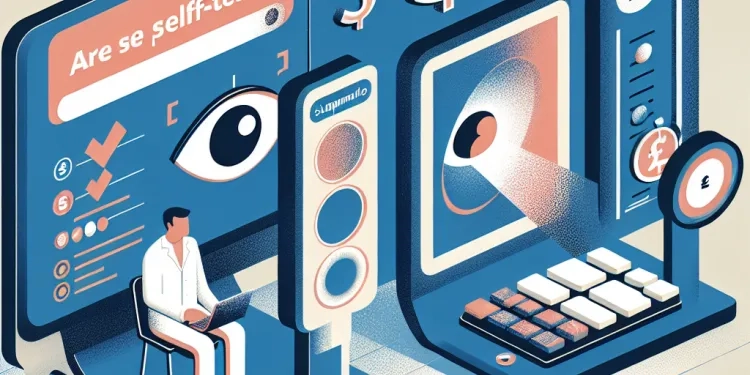
Are self-tests a substitute for professional eye exams?
Relevance: 33%
-

Do I need any special equipment for eye self-testing?
Relevance: 32%
-
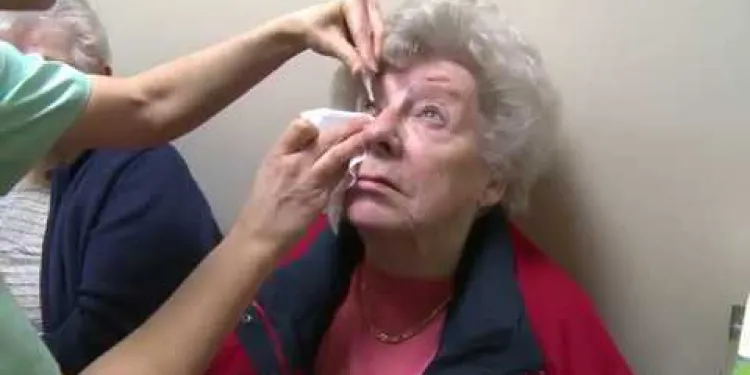
Eye Injections at Royal Bournemouth Hospital
Relevance: 32%
-
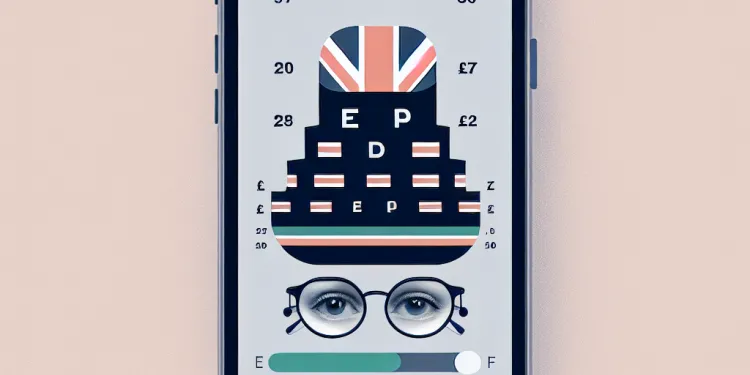
How accurate are app-based eye tests?
Relevance: 32%
-

What is self-testing for eye patients?
Relevance: 31%
-
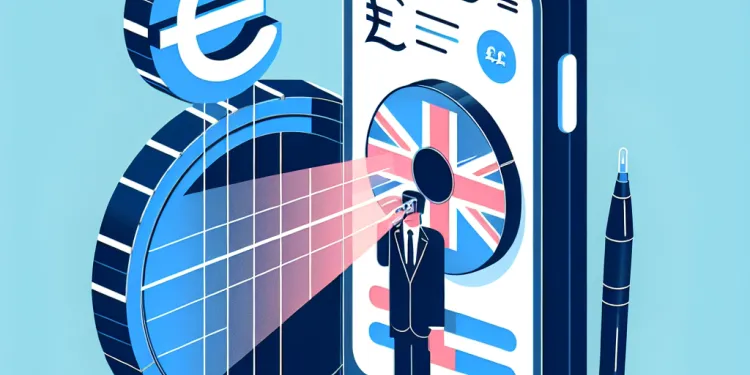
Can I use a smartphone for self-testing my eyes?
Relevance: 30%
-

Why would someone need to self-test their eyes?
Relevance: 30%
-
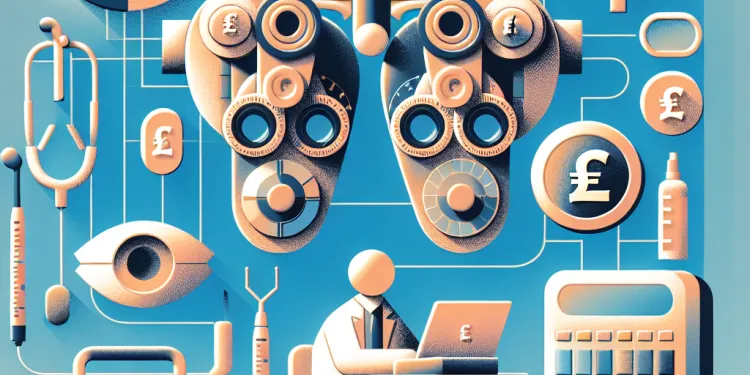
Should I share the results of my self-tests with my eye doctor?
Relevance: 30%
-
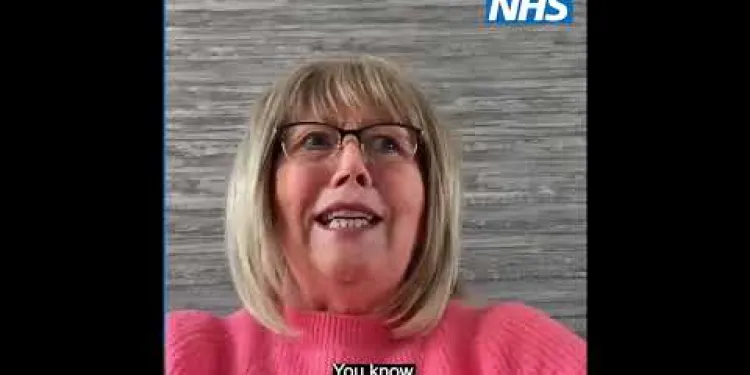
NHS breast cancer screening
Relevance: 30%
-
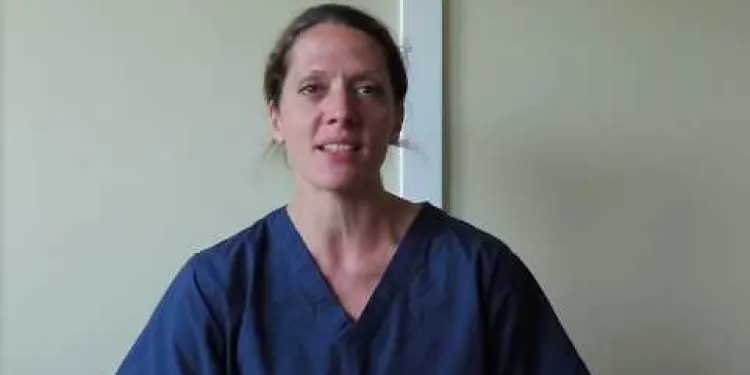
The NHS is #StillHereToHelp with cervical screening
Relevance: 30%
-
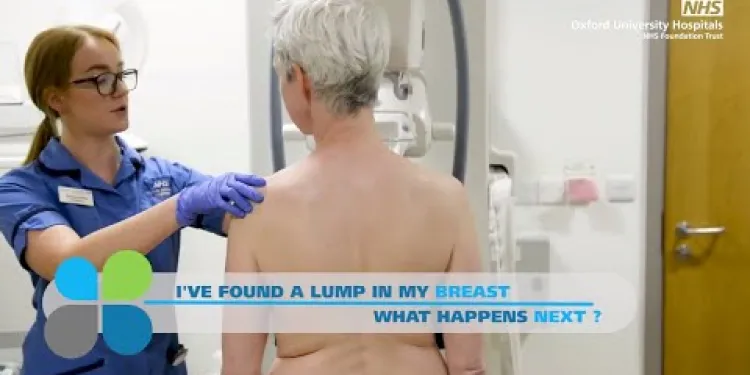
I've found a lump in my breast - What happens next? The breast diagnostic clinic
Relevance: 29%
-

What are the limitations of self-testing for eyes?
Relevance: 29%
-
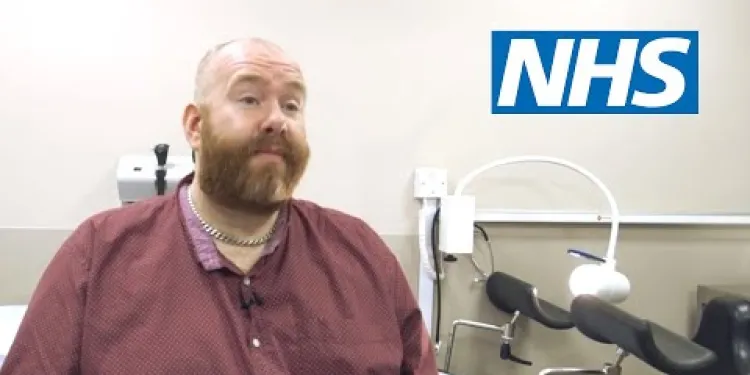
Cervical screening for transgender men | NHS
Relevance: 29%
-
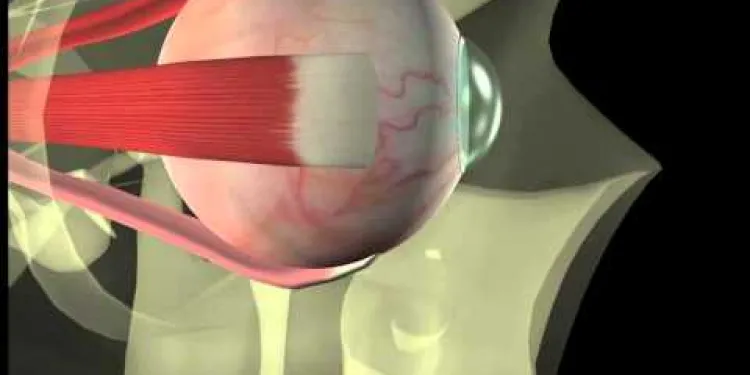
Thyroid eye disease. Squint surgery - The operation
Relevance: 28%
-

Tower Hamlets breast screening programme
Relevance: 28%
-
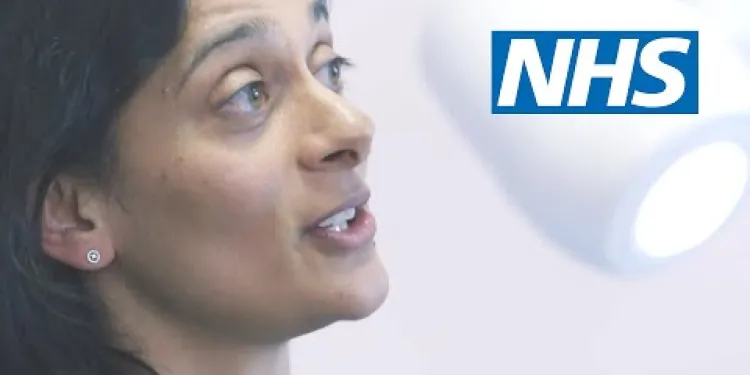
Cervical screening: what to expect | NHS
Relevance: 27%
-
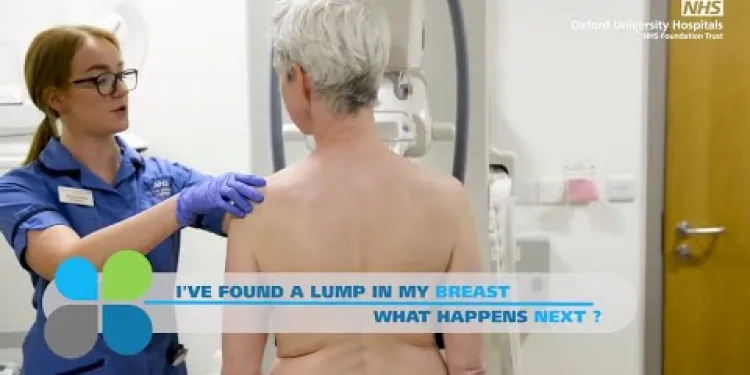
I've found a lump in my breast - What happens next? The breast diagnostic clinic
Relevance: 27%
-
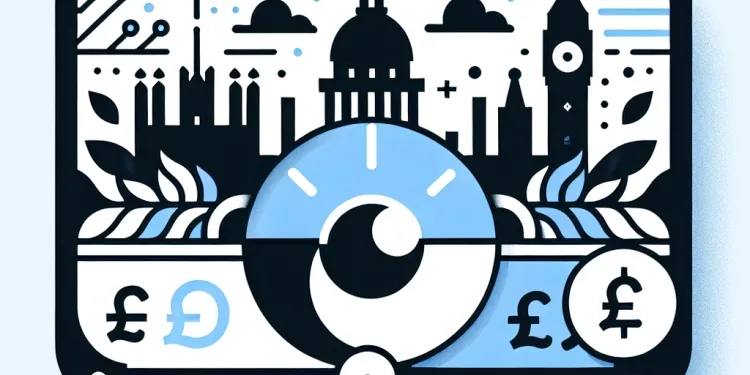
How often should I self-test my eyes?
Relevance: 27%
-
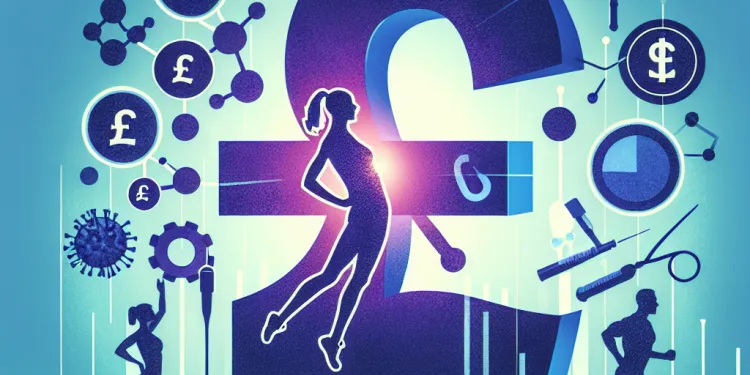
Are there any clinical trials supporting Ozempic for weight loss?
Relevance: 27%
-
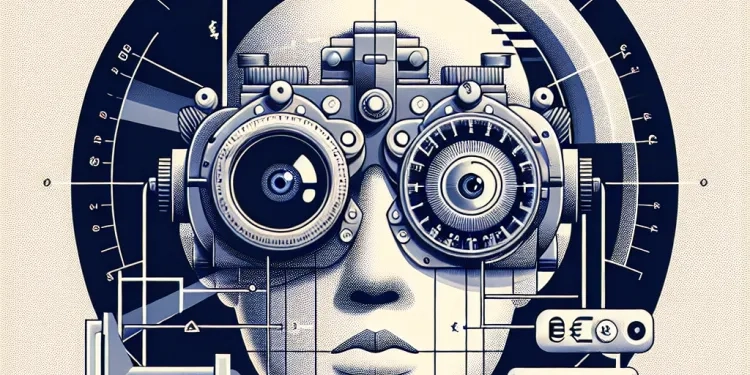
Are there any self-tests for eye pressure?
Relevance: 27%
-
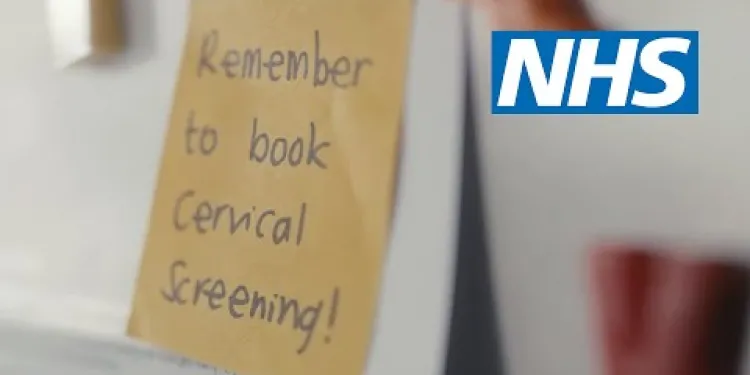
Don’t ignore your cervical screening invite | NHS
Relevance: 27%
Derbyshire Diabetic Eye Screening - Assessment Clinic Appointment
What Is Diabetic Eye Screening?
Diabetic eye screening is a crucial part of diabetes care and involves an annual examination to check for any potential damage to the eyes caused by diabetes. This screening aims to detect early signs of diabetic retinopathy, a complication that could lead to vision loss if left untreated.
Who Needs to Attend?
All individuals aged 12 and over who have diabetes in Derbyshire are invited to attend the diabetic eye screening programme. The screening is essential not only for those who have had diabetes for a long time but also for newly diagnosed individuals.
Preparing for Your Appointment
Before your appointment, an information pack will be sent to you, detailing what to expect. It is advised to bring your usual glasses and medications. If you use contact lenses, refer to the information pack regarding any special instructions. The screening process typically takes about 30 minutes.
During the Appointment
At the clinic, trained staff will perform a series of tests. Eye drops will be administered to dilate your pupils, allowing for a thorough examination. Some bright light information or imaging of the retina will be recorded. The drops may cause blurred vision for a few hours, so it is advisable to arrange transportation rather than drive yourself.
Receiving Your Results
Your results will be sent out a few weeks after your appointment. If any abnormalities are detected, you may be referred to an eye specialist for further assessment. Regular screening each year can help in managing your eye health and preventing sight loss.
Contact Information
If you have any questions or need to reschedule your appointment, you can contact the Derbyshire Diabetic Eye Screening Programme helpline. Always keep your contact details up-to-date to ensure you receive timely reminders and information about your screening appointments.
Derbyshire Diabetic Eye Check - Appointment
What Is Diabetic Eye Check?
Diabetic eye check is very important if you have diabetes. Once a year, there is a test to make sure your eyes are healthy. This test helps find problems early that can cause vision loss if not treated.
Who Should Go?
If you are 12 years or older and have diabetes in Derbyshire, you should go for this eye check. It is important for everyone with diabetes, no matter how long you have had it.
Getting Ready for Your Appointment
Before your visit, you will get a pack with information about what will happen. Bring your glasses and medicines with you. If you wear contact lenses, check the pack for special instructions. The check takes about 30 minutes.
What Happens at the Appointment?
At the clinic, trained staff will check your eyes. They will put drops in your eyes to make your pupils big for the test. They will take pictures and use bright lights to look in your eyes. The drops might make your vision blurry for a few hours, so have someone drive you home.
Getting Your Results
You will get your test results a few weeks after the appointment. If there are any problems, you might need to see an eye doctor. Going for this check every year can help keep your eyes healthy.
Contact Information
If you have questions or need to change your appointment, call the Derbyshire Diabetic Eye Screening helpline. Make sure they have your correct contact details so you get reminders and information.
Frequently Asked Questions
What is the Derbyshire Diabetic Eye Screening?
The Derbyshire Diabetic Eye Screening is a program aimed at detecting diabetic retinopathy early on, a complication of diabetes that can lead to vision loss.
How often should I attend a diabetic eye screening?
It is recommended to attend a diabetic eye screening once a year to monitor and detect any changes early.
What happens during the screening?
During the screening, you will have eye drops to dilate your pupils, and then photographs of the back of your eyes will be taken to look for any signs of diabetic retinopathy.
How long does the appointment take?
The appointment typically takes about 30 minutes, but you may be at the clinic for up to 2 hours, including waiting times.
Do I need to bring anything with me to the appointment?
Yes, please bring your appointment letter and any glasses or contact lenses you use, along with any previous eye screening results if you have them.
Is the eye screening painful?
No, the screening is not painful, although the eye drops might cause slight discomfort and temporary blurriness.
Can I drive after my appointment?
It is advised not to drive for a few hours after your appointment, as the eye drops will make your vision blurry and sensitive to light.
How will I get my results?
You will receive a letter with your results within six weeks of your appointment. If they find any signs of diabetic retinopathy, they will contact you to arrange further tests or treatment.
What should I do if I need to cancel or reschedule my appointment?
If you need to cancel or reschedule, please contact the clinic as soon as possible using the contact details provided in your appointment letter.
Are the results shared with my GP?
Yes, your results will be shared with your GP, who will discuss them with you if necessary.
What if I wear contact lenses?
If you wear contact lenses, you will need to remove them for the screening. Bring your glasses with you to wear afterwards as your eyes may be blurry.
Can children attend diabetic eye screenings?
Yes, children with diabetes are invited to attend screenings from the age of 12.
What happens if changes are detected during the screening?
If changes are detected, you may be referred to an eye specialist for further investigation and treatment.
What should I do if I have symptoms of eye problems before my appointment?
If you have symptoms such as sudden vision loss, blurred vision, or floaters, contact your GP or an optometrist immediately, rather than waiting for your next screening.
Is the diabetic eye screening service free?
Yes, the diabetic eye screening service is free on the NHS for people with diabetes.
What is the Derbyshire Diabetic Eye Check?
If you have diabetes, it can affect your eyes. The Derbyshire Diabetic Eye Check is a way to look after your eyes and make sure they are healthy. When you go for this check, someone will look at your eyes carefully.
To help you see better, it’s a good idea to use a magnifying glass. You can also ask a helper to read the words for you and explain them. If you have questions, it’s okay to ask the helper to answer them.
The Derbyshire Diabetic Eye Check helps find eye problems caused by diabetes. It looks for issues early, which can help stop losing sight.
How many times do I need to go to a diabetic eye check-up?
If you have diabetes, you need to get your eyes checked. This is called an eye screening.
Most people with diabetes should have an eye screening once every year.
Ask your doctor if you need more check-ups.
To help you remember, you can:
- Write the date in a calendar or planner.
- Set a reminder on your phone.
Go to the eye doctor once a year to check your eyes if you have diabetes. This helps find problems early.
What happens during the check-up?
The doctor or nurse will ask you to do some simple tests. These help them see how your body is doing. You might answer questions, or they might look at how you move or see. This is to make sure you are healthy.
You can ask someone you trust to come with you. They can listen and help you understand the questions or tests.
If you feel nervous, you can tell the doctor or nurse. They will try to help you feel more comfortable.
You can also use a tool like a picture board to show how you are feeling or to help with answers.
At your eye check-up, the doctor will put drops in your eyes to make your pupils bigger. This helps them take pictures of the back of your eyes. The pictures show if you have any signs of diabetic eye problems.
How long is the appointment?
The appointment usually lasts about 30 minutes. But you might be at the clinic for up to 2 hours because of waiting times.
If you find waiting hard, try bringing a book or a game to help pass the time.
What should I bring to my appointment?
Make sure to bring these things:
- Your ID card.
- Your health insurance card, if you have one.
- A list of any medicines you take.
If you need help to remember, ask someone to help you make a list.
Yes, bring your appointment letter. Also, bring any glasses or contact lenses you use. If you have old eye test results, bring those too.
Does the eye test hurt?
No, the eye test does not hurt. It is quick and easy.
During the test, the doctor will look at your eyes carefully. They might use a special light to see inside your eyes. You just need to sit still.
Here are some ways to feel better during the test:
- Take deep breaths to stay calm.
- Bring a friend or family member with you.
- Ask the doctor to explain what they are doing.
No, the test does not hurt. The eye drops might feel a little uncomfortable and can make your vision blurry for a short time.
Can I drive after my appointment?
It depends on what happens at your appointment. Here are some tips:
- If you get medicine that makes you sleepy, you should not drive. Ask someone else to take you home.
- If your eyes get drops, it might be hard to see clearly. It is better not to drive.
- If you feel okay and your doctor says it's fine, then you can drive.
It is good to ask your doctor or nurse after your appointment if you are not sure. You can also use a taxi service, bus, or ask a friend or family member for a ride.
After your appointment, don't drive for a few hours. The eye drops can make it hard to see and bright light might hurt your eyes.
How will I get my results?
You will get your results by mail or online. If you need help understanding them, ask someone you trust, like a friend or a teacher. You can also use tools like text readers to read it aloud.
You will get a letter with your results about six weeks after your visit. If they find any signs of eye problems from diabetes, they will call you to set up more tests or treatment.
What if I need to change or cancel my appointment?
Sometimes, plans change. That's okay!
If you can't go to your appointment, you can:
- Call: Use the phone to call the place where your appointment is.
- Email: Send an email to tell them you need to change or cancel.
It's good to tell them as soon as you can.
You might want to use a calendar or a reminder app to help you remember your new time.
If you need to cancel or change your appointment, please call or message the clinic. You can find the clinic's phone number or email in your appointment letter. Do this as soon as you can.
Will my doctor see the results?
The results will be shared with your doctor if you want. You can ask if you have any questions. You can also use tools like text-to-speech to help understand. Remember, it's okay to ask for help if you need it!
Yes, your doctor will see your results. They will talk to you about them if needed.
What if I wear contact lenses?
Do you wear contact lenses? Here are some tips to help you:
- Wash your hands before touching your eyes or lenses.
- Make sure your lenses are clean. Use special solution for cleaning.
- Ask an adult or a doctor if you need help.
- If your eyes hurt or feel funny, take out your lenses.
Remember, you can ask a parent or doctor if you have questions!
If you wear contact lenses, take them out for the check-up. Bring your glasses to wear after because your eyes might be a bit blurry.
Can kids go to eye check-ups for diabetes?
Yes, kids with diabetes can go to check-ups starting at age 12.
What happens if we find changes during the check-up?
During the check-up, we look for changes in your health.
If we find something different, we will talk to you about it.
Don't worry, it just means we need to look closer.
We might do more tests or ask you to see a doctor.
It's important to check so you stay healthy.
If you get confused, ask someone to help explain.
If we find something different with your eyes, we will send you to an eye doctor. The eye doctor will look at your eyes more closely and help you get better.
What do I do if my eyes hurt before my doctor visit?
If your eyes hurt or feel bad before you see the doctor, here are some things you can do:
- Tell someone you trust, like a family member or friend, about your eye problem.
- Rest your eyes. Try not to use screens like phones, tablets, or computers.
- Keep your eyes clean. Wash your hands before touching your eyes.
- Wear sunglasses outside to protect your eyes from bright light.
- If your eyes hurt a lot, it is okay to call your doctor's office for help.
Ask for help from a caregiver or use voice tools on your phone to read things out loud if it is hard to read.
If you suddenly cannot see well, if your vision is blurry, or if you see small spots in your eyes, you should not wait for your next eye check-up. Call your family doctor or eye doctor right away.
Do you have to pay for the diabetic eye test?
No, the test is free. You do not have to pay any money for it.
If you find reading hard, you can use tools that read text out loud. You can also ask someone to help you understand.
Yes, the NHS gives people with diabetes a free eye check.
Useful Links
Have you found an error, or do you have a link or some information you would like to share? Please let us know using the form below.
-->
This website offers general information and is not a substitute for professional advice.
Always seek guidance from qualified professionals.
If you have any medical concerns or need urgent help, contact a healthcare professional or emergency services immediately.
Some of this content was generated with AI assistance. We’ve done our best to keep it accurate, helpful, and human-friendly.
- Ergsy carfully checks the information in the videos we provide here.
- Videos shown by Youtube after a video has completed, have NOT been reviewed by ERGSY.
- To view, click the arrow in centre of video.
- Most of the videos you find here will have subtitles and/or closed captions available.
- You may need to turn these on, and choose your preferred language.
- Go to the video you'd like to watch.
- If closed captions (CC) are available, settings will be visible on the bottom right of the video player.
- To turn on Captions, click settings .
- To turn off Captions, click settings again.
More Items From Ergsy search
-

Derbyshire Diabetic Eye Screening - Assessment Clinic Appointment
Relevance: 100%
-

Derbyshire Diabetic Eye Screening - Your Screening Appointment
Relevance: 78%
-

Derbyshire Diabetic Eye Screening - Diabetic Eye Screening
Relevance: 75%
-

Diabetes Eye Screening
Relevance: 66%
-

North Yorkshire Diabetic Eye Screening Programme - A day in the life
Relevance: 58%
-

Should I screen my child for type 1 diabetes?
Relevance: 42%
-

Are there any clinical trials for preventing type 1 diabetes?
Relevance: 40%
-

Where can I have my child screened for type 1 diabetes?
Relevance: 39%
-

What does screening for type 1 diabetes involve?
Relevance: 38%
-

Autism Assessment - What Happens in Your Appointment
Relevance: 38%
-

What are the limitations of type 1 diabetes screening?
Relevance: 38%
-

Post Menopausal Bleeding Clinic | A Guide to What Happens at An Appointment
Relevance: 37%
-

At what age should my child be screened for type 1 diabetes?
Relevance: 36%
-

Health Screenings You Should Know About
Relevance: 36%
-

Does insurance cover type 1 diabetes screening?
Relevance: 35%
-

Should siblings of a child with type 1 diabetes also be screened?
Relevance: 35%
-

Your abdominal aortic aneurysm (AAA) screening appointment
Relevance: 35%
-

Why should I consider screening my child for type 1 diabetes?
Relevance: 35%
-

Eye Injections at Royal Bournemouth Hospital
Relevance: 34%
-

Are self-tests a substitute for professional eye exams?
Relevance: 33%
-

Do I need any special equipment for eye self-testing?
Relevance: 32%
-

Eye Injections at Royal Bournemouth Hospital
Relevance: 32%
-

How accurate are app-based eye tests?
Relevance: 32%
-

What is self-testing for eye patients?
Relevance: 31%
-

Can I use a smartphone for self-testing my eyes?
Relevance: 30%
-

Why would someone need to self-test their eyes?
Relevance: 30%
-

Should I share the results of my self-tests with my eye doctor?
Relevance: 30%
-

NHS breast cancer screening
Relevance: 30%
-

The NHS is #StillHereToHelp with cervical screening
Relevance: 30%
-

I've found a lump in my breast - What happens next? The breast diagnostic clinic
Relevance: 29%
-

What are the limitations of self-testing for eyes?
Relevance: 29%
-

Cervical screening for transgender men | NHS
Relevance: 29%
-

Thyroid eye disease. Squint surgery - The operation
Relevance: 28%
-

Tower Hamlets breast screening programme
Relevance: 28%
-

Cervical screening: what to expect | NHS
Relevance: 27%
-

I've found a lump in my breast - What happens next? The breast diagnostic clinic
Relevance: 27%
-

How often should I self-test my eyes?
Relevance: 27%
-

Are there any clinical trials supporting Ozempic for weight loss?
Relevance: 27%
-

Are there any self-tests for eye pressure?
Relevance: 27%
-

Don’t ignore your cervical screening invite | NHS
Relevance: 27%


